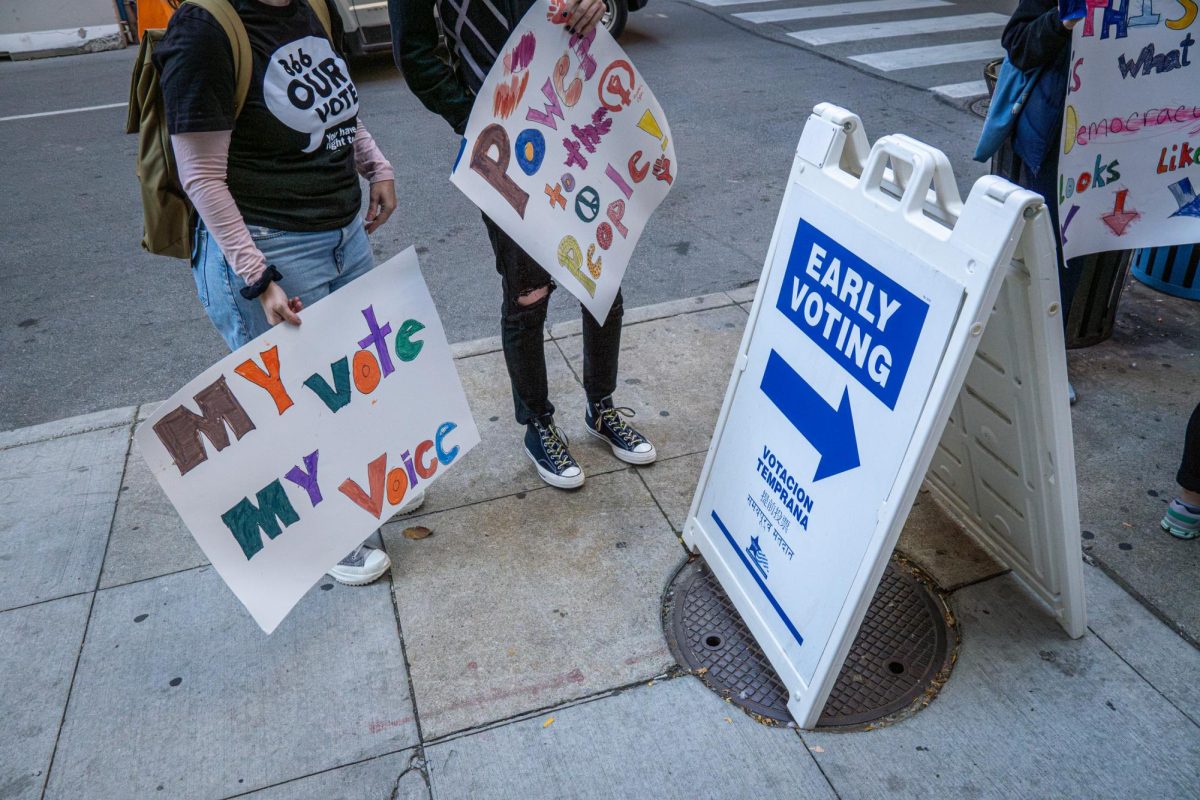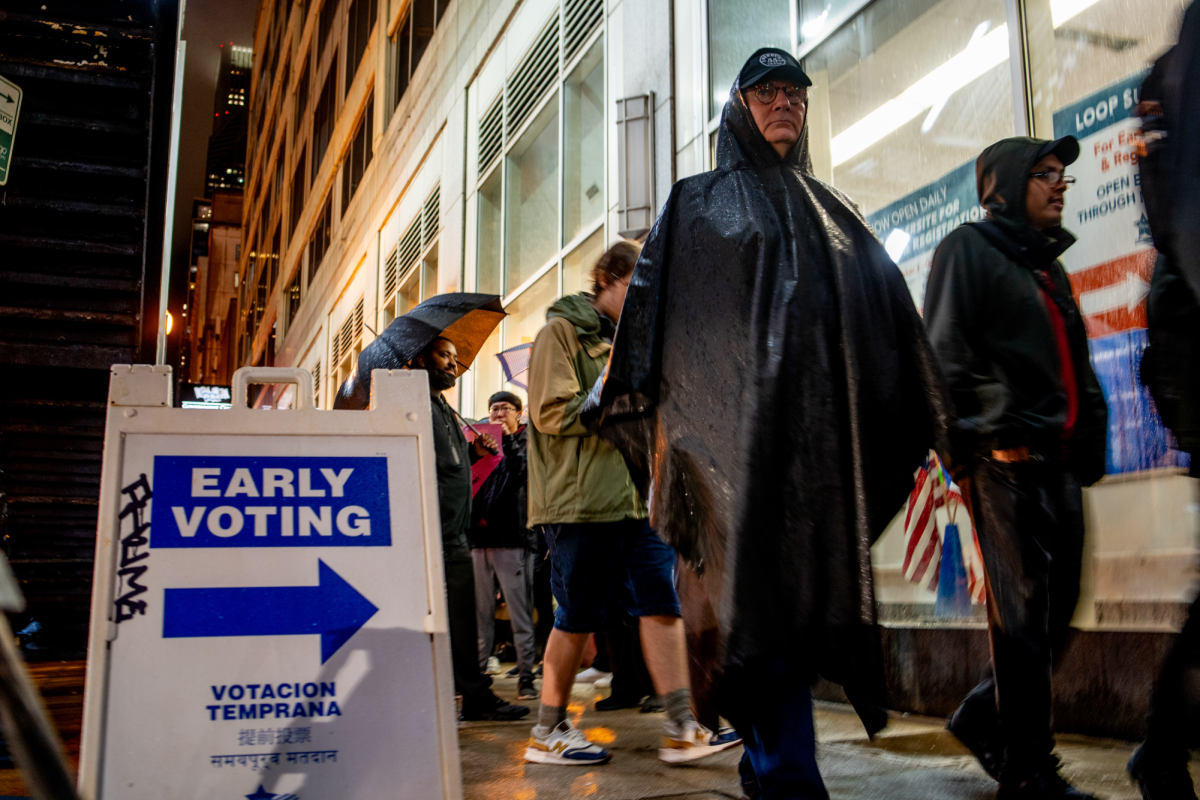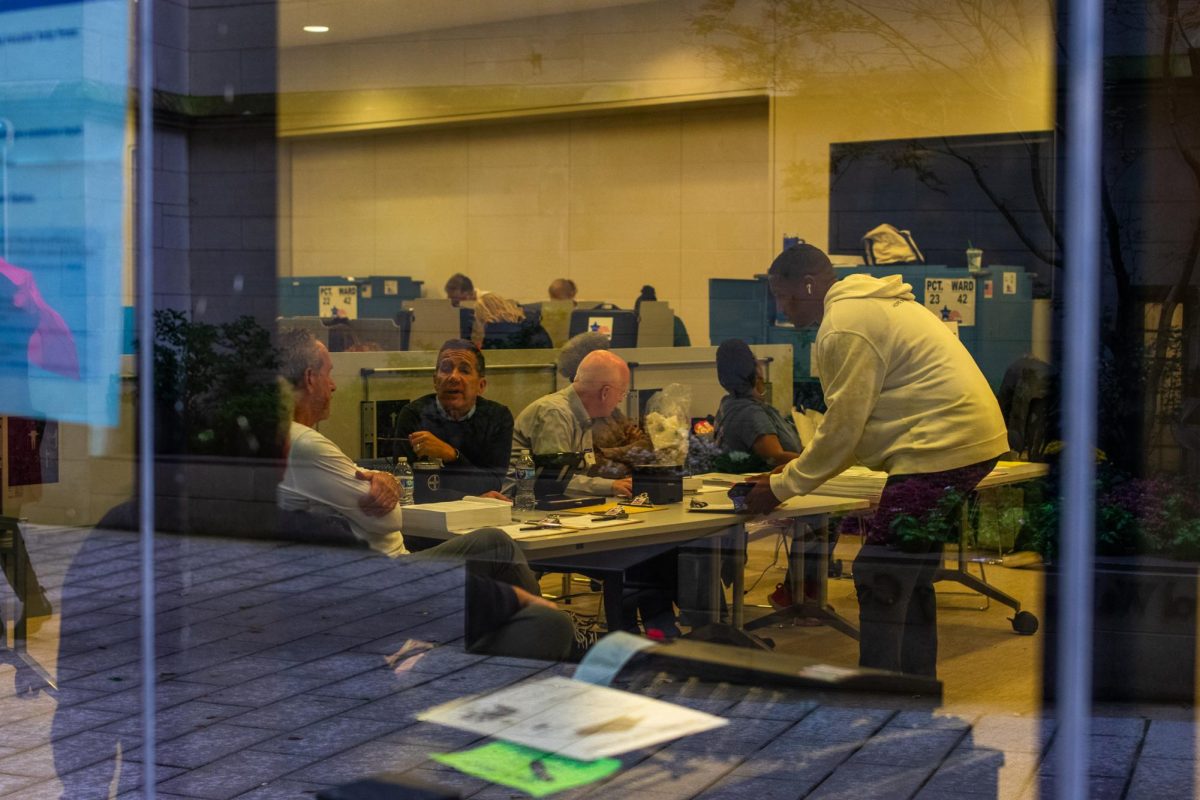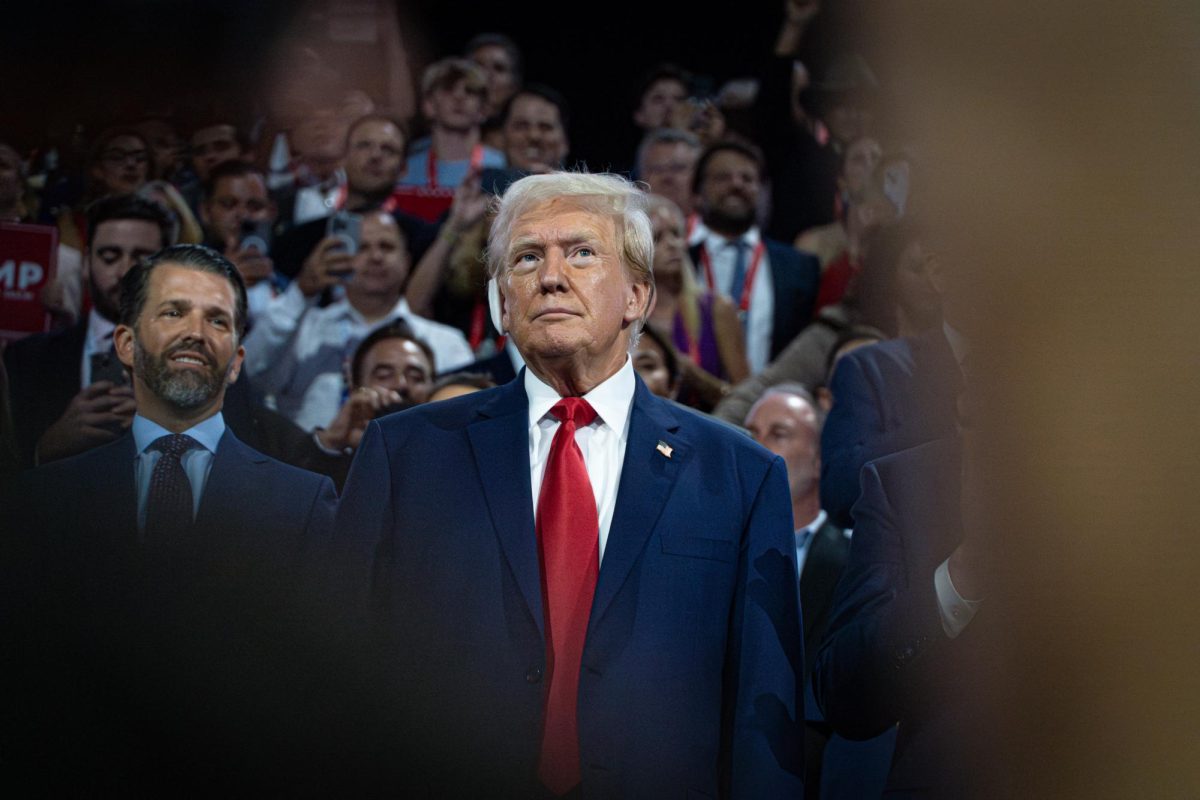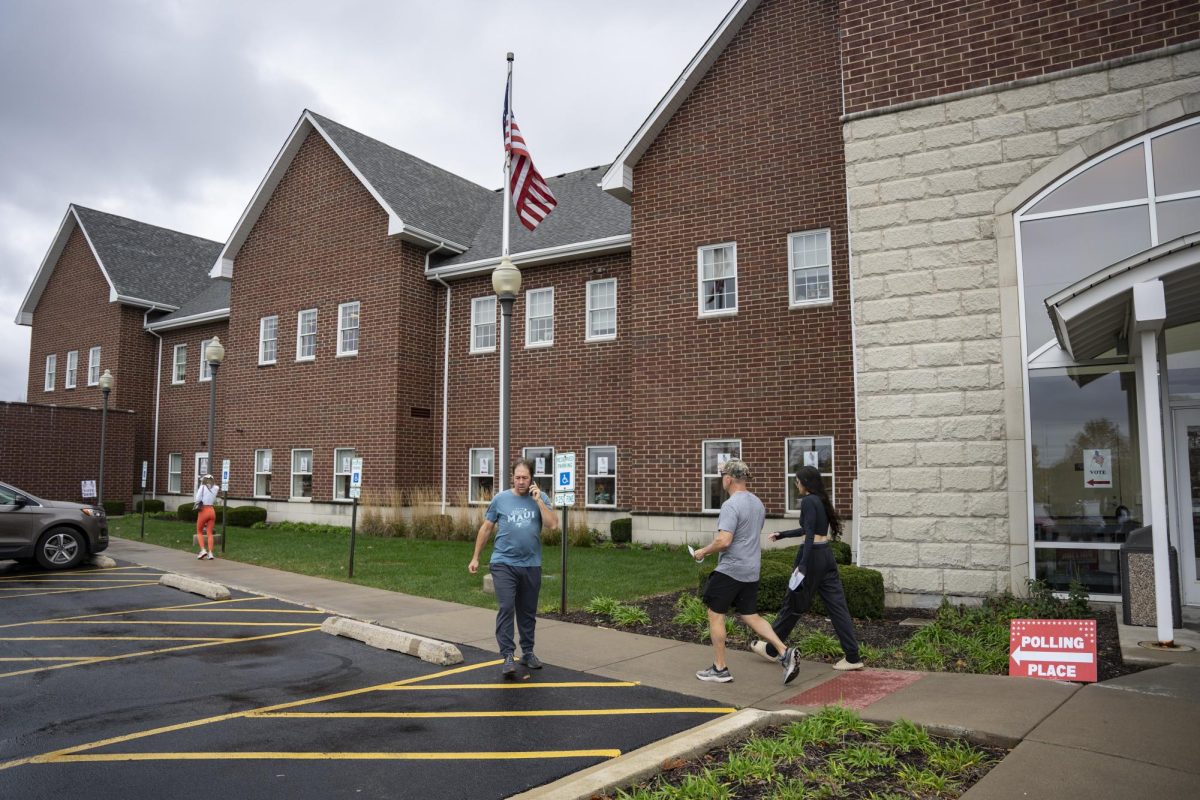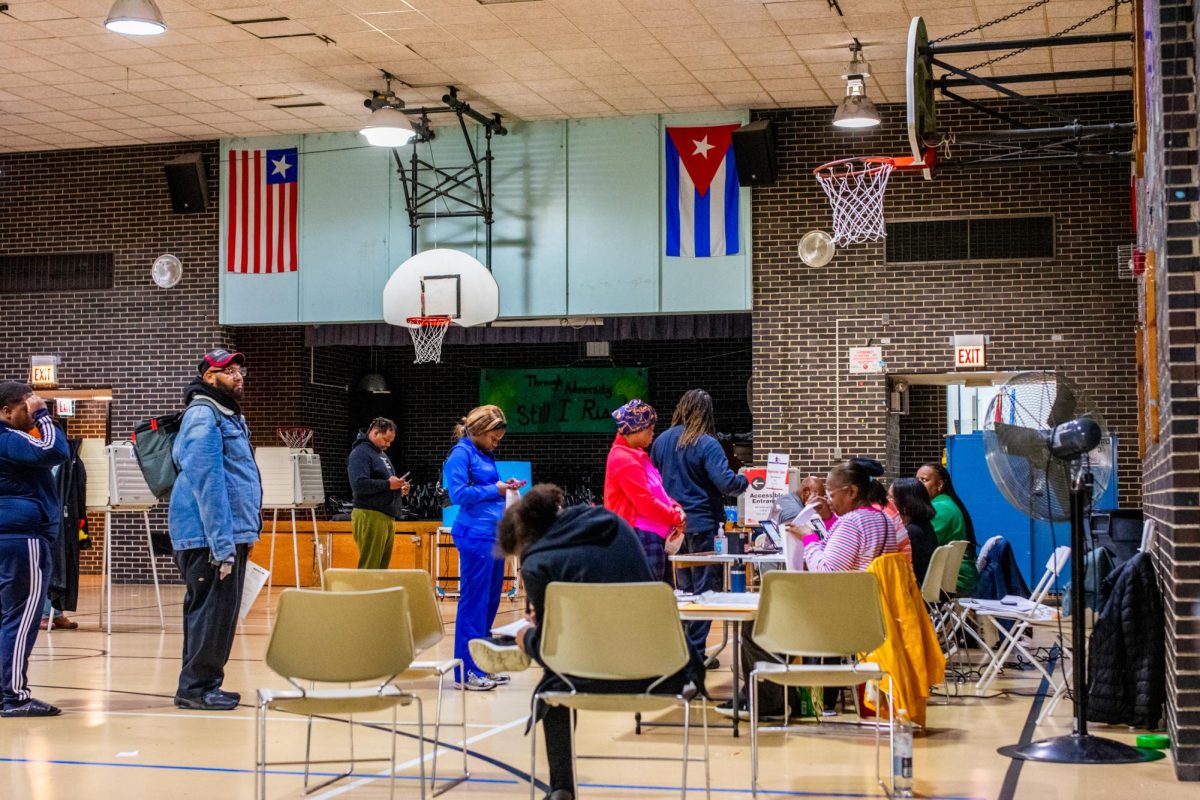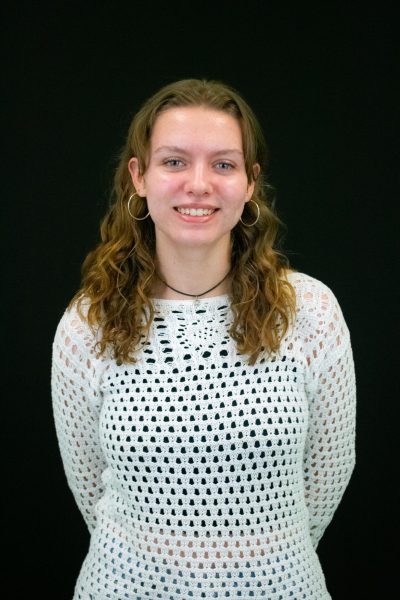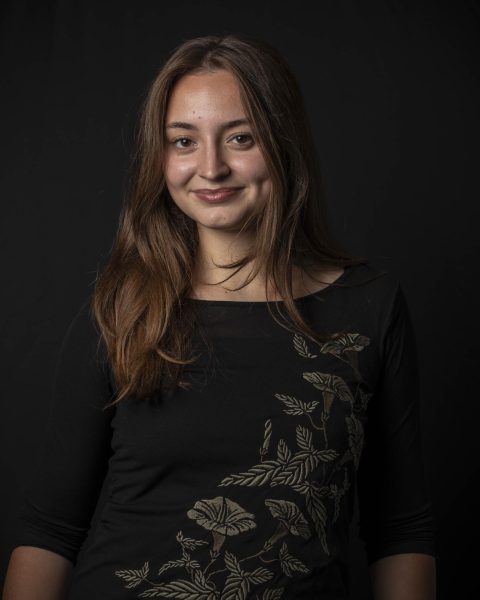One of former President Donald Trump’s “Day One” promises, if elected, is to give all foreign students a green card upon graduation.
Trump proposed the idea during a podcast appearance in June, saying it would keep students from going back home to “become multi-billionaires, employ thousands and thousands of people, and it could’ve been here.”
Trump said he would have put this into action in his last term if it weren’t for the COVID-19 pandemic.
But Alexandra Filindra, professor of political science and psychology at the University of Illinois Chicago, described the proposal as “incredibly difficult.”
Current immigration law has three broad categories of green cards: asylum, family reunification and the smallest category, employment-based, which was limited to 160,791 people for the 2024 fiscal year.
“Essentially, to change the laws that apply to foreign graduates and say that there’s going to be a guarantee, that requires congressional action,” she said. “So, because there are such strong divisions, both between parties and within parties, about what to prioritize, it is very very unlikely that that would happen.”
Foreign students are able to study in the U.S. through either an F-1 visa, for full-time academic studies at an accredited university or college, or an M-1 visa, for full-time vocational studies.
Clare Lake, director of International Student Scholar Services at Columbia, had a hard time believing Trump was serious, pointing out his prior efforts to rescind Deferred Action for Childhood Arrivals.
“What kind of president would try to overturn DACA, and then say ‘I’m going to give all international students permanent residency?’” he said. “I just think the history of Donald Trump on immigration clearly stated this as a campaign promise.”
Eunkyung Kim, a junior music major from Saipan, the largest of the Northern Mariana Islands in the Western Pacific, dreams of staying in the United States after graduation. But she was shocked to learn about Trump’s proposal and wondered if it was even feasible.
“I want to stay here,” Kim said. “That’s my main goal. I really want to stay here, and live a life here, [but] it’s really hard to stay here. But if I have the green card, then it’s going to be so much easier, because I wouldn’t have to work to obtain a visa.”
Alice Abreu, a senior film and communications major, plans to move back to her hometown, Rio de Janeiro, Brazil, after graduating early in December. Though she said Trump’s proposal was a great idea, she also questioned its viability, specifically in regard to obtaining employment authorization for international students on an F-1 visa to work a year in their field of study.
Currently, students of science, technology, engineering or mathematics are eligible to apply for a two-year extension; however, students of other fields cannot. Being an art student, Abreu intends to avoid the stress of trying to seek the authorization by continuing her work back home.
“It’s such a challenge, to find a job without being allowed to be in the country for over a year,” Abreu said. “I don’t feel like there are enough incentives for us to stay here. So it really is contradicting, to think that he doesn’t want immigrants to be in the country, but then if you get a degree, then you can.”
Sam Herrera, senior music major from Monterrey, Mexico, suggested Trump’s proposal was a “political tactic,” and said it is weird for her to hear foreign policies discussed on TV, over the news and by her peers, while she has no say in the matters affecting her.
“I feel like international students right now, we’re just observers of what’s going on, when it’s actually something that will most likely be something impactful for us too.”
Copy edited by Manuel Nocera
Resumen en Español
En junio, el Ex Presidente Donald Trump dijo en un podcast que si es elegido, que dará un permiso de residencia a los estudiantes internacionales al graduarse, incluyendo los graduados de programas de dos años. Aunque parece como una buena política, mucha gente se encuentra escéptica de la posibilidad de implementarla, incluyendo los estudiantes internacionales de Columbia. Alexandra Filindra, una profesora de las ciencias políticas y psicología a la Universidad de Illinois Chicago, dijo que ese plan sería “increíblemente difícil.”
“Porque hay divisiones tan fuertes, tanto entre como dentro de los dos partidos políticos, de qué se debe priorizar, es muy poco probable que eso suceda.”
Resumen por Sofía Oyarzún


